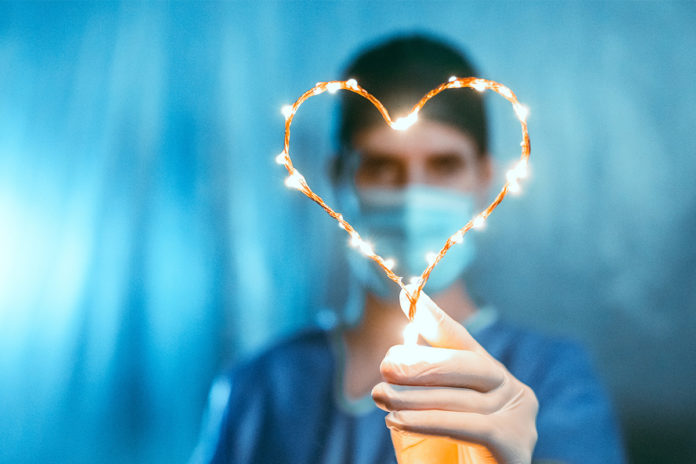COVID-19 and people’s responses to the pandemic have brought up numerous issues for all of us. Intense road rage that has scared you into keeping your windows rolled up permanently and outrageous lines at the grocery store that leave you questioning your existence are just the tip of the iceberg.
More than anything, coronavirus worsened our society’s degeneration into isolation and polarization. But we’re not doomed. As much as it feels like the apocalypse, we’re actually okay. And we have so many tools at our disposal to get better.
Many people are dealing with heartbreak, grief, or anger related to the pandemic and events that occurred during quarantine. These feelings and experiences are all valid and normal.
In this series, I will provide actionable tools for improving wellbeing. As the series progresses, mechanisms of wellbeing become more challenging and build upon the earlier items.
This week, we start with the basics: self-care.
Self-care involves active planning. For something so basic, it is much easier said than done. But the conscious energy and effort goes a long way. There are four major domains of self-care.
Eat healthier. Eat more protein and fiber and less sugars and fats. Protein feeds your brain and keeps you satiated longer. Fiber helps your gut function more efficiently which in turn improves your mood. Sugars and fats weigh you down, leading to restless sleep, grogginess, bloating, and a worsened mood.
Spend time with people you love and trust. Laugh with some friends or have a date night with your partner. Humans are a social species, meaning that we need others to fill our social needs, which are just as important as our other needs.
Exercise regularly. Research suggests that at least 150 minutes of moderate-intensity (e.g., brisk walking) exercise or 75 minutes of high-intensity (e.g., running) exercise each week boosts cardiovascular and mental health, among other benefits. If we break up those numbers, 150 minutes of moderate-intensity exercise is 30-minute workouts, 5 days a week. 75 minutes of high-intensity exercise is 25-minute workouts, 3 days a week.
Cultivate good sleep hygiene. Sleep experts suggest that adults get 7-9 hours of sleep each night. But consistent sleep schedules are crucial to getting good rest. Aim to fall asleep and wake up at the same time every night and morning, respectively. Use ear plugs if your sleep environment is noisy and use a sleep mask or blackout curtains if you plan to wake up after the sun lights up the morning air.
Along with planning and making time for self-care, we must also monitor how we’re feeling throughout the day. The HALT method is one of the oldest acronyms in the world of addiction, but it is just as useful for those who aren’t addicts.
When we are feeling too Hungry, Angry, Lonely, or Tired, we are more prone to making irrational or damaging choices that we later regret. If you feel “off,” upset, or uncomfortable and you’re not sure why, run through the letters of HALT. If you are getting too hungry, then eat something healthy. Too angry, then go on a run or process your emotions with someone you trust. Too lonely, then spend time with people you feel at home with. Too tired, then rest.
The effects of self-care are almost immediate. After a few days of conscious self-care, you’ll feel an enormous difference. You’ll feel happier, healthier, and more energetic, and stress and daily challenges will have less of an impact on your mental health.
By the time the next article is published, you might question how you have neglected such a no-brainer. I promise you it’s not because you’re missing a brain – we’re all guilty of putting self-care lower on the priority list.
Please Note: If you, or someone close to you, is having a mental health event: please seek help without delay and call 911, or speak with your doctor about your particular situation. While this article may be useful, it is not intended to take the place of a medical professional.















.png)







